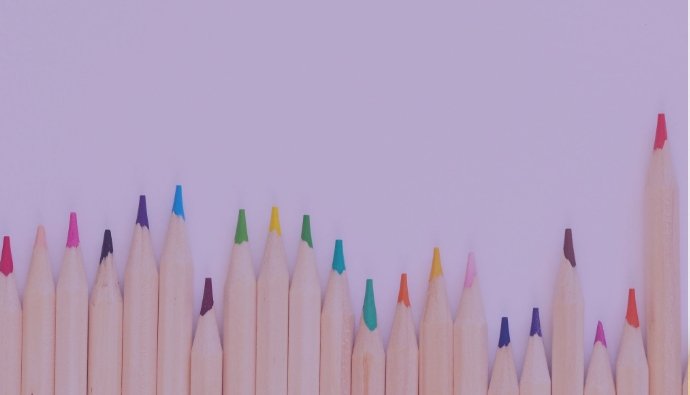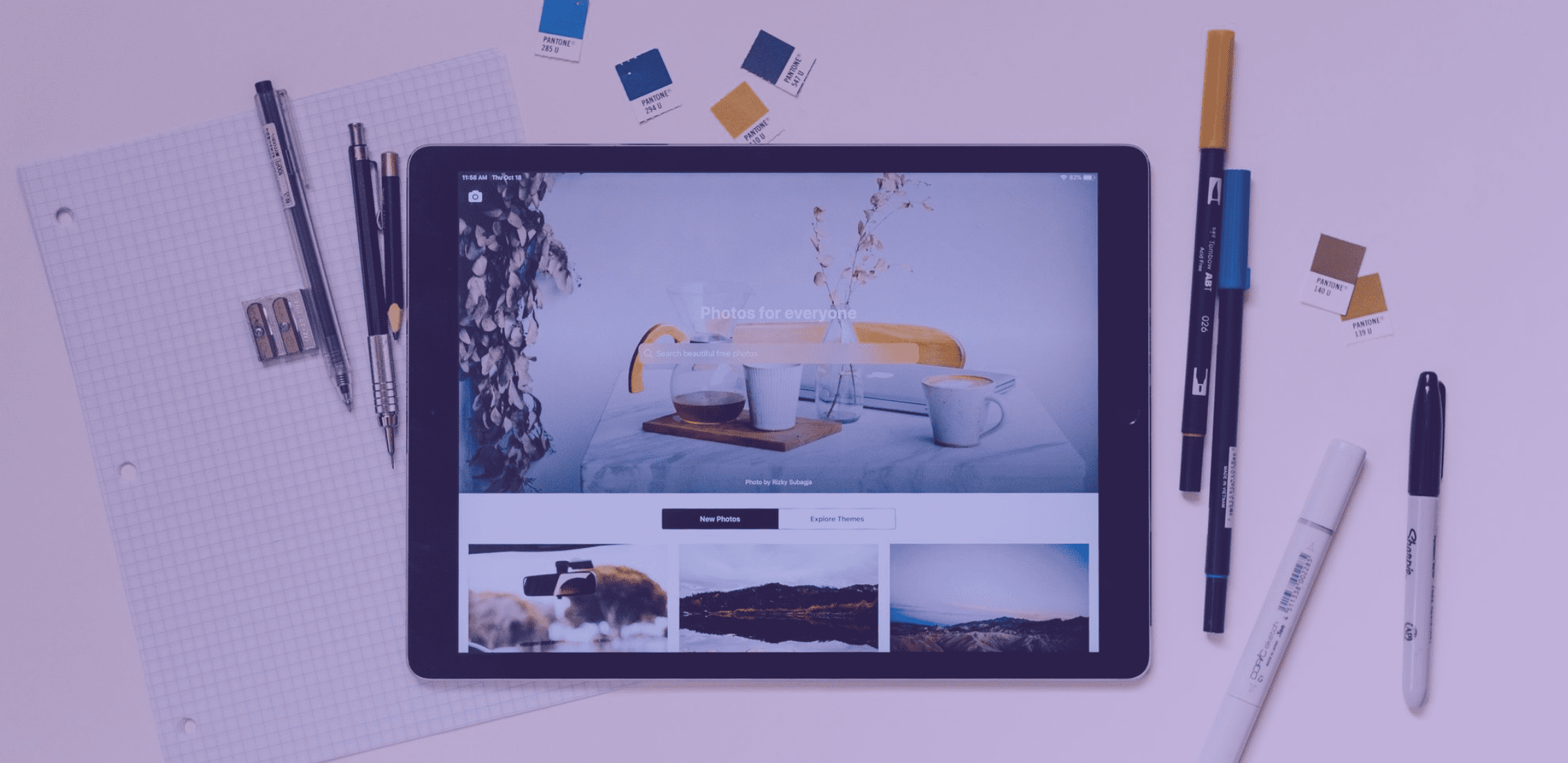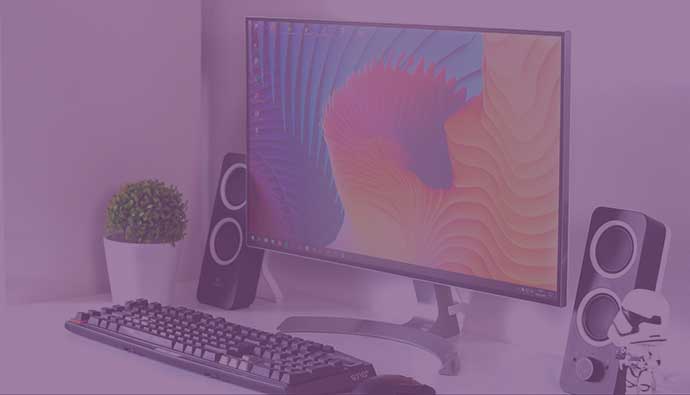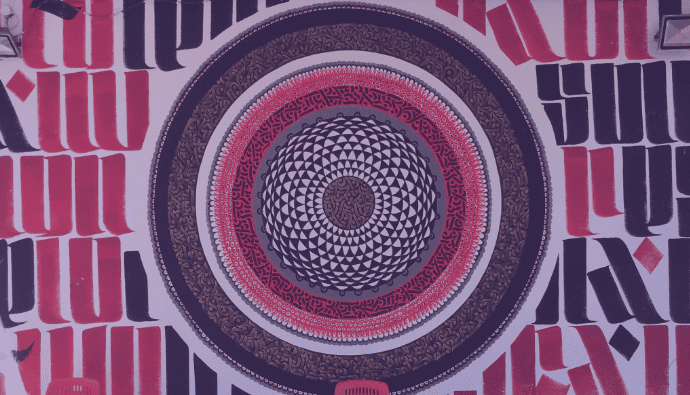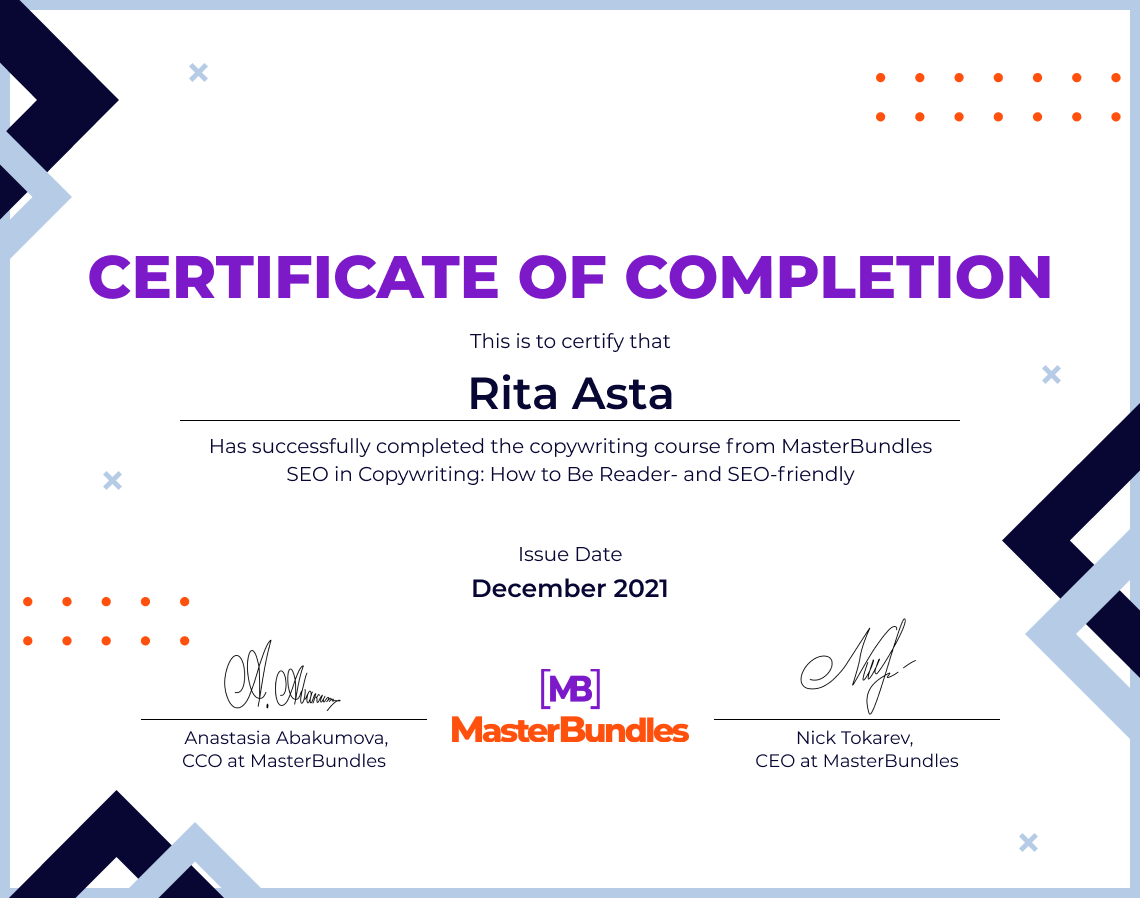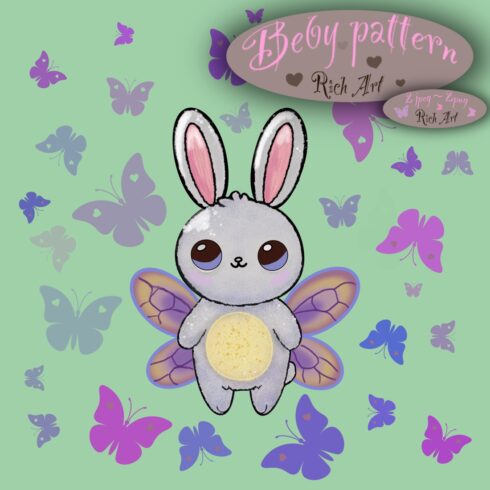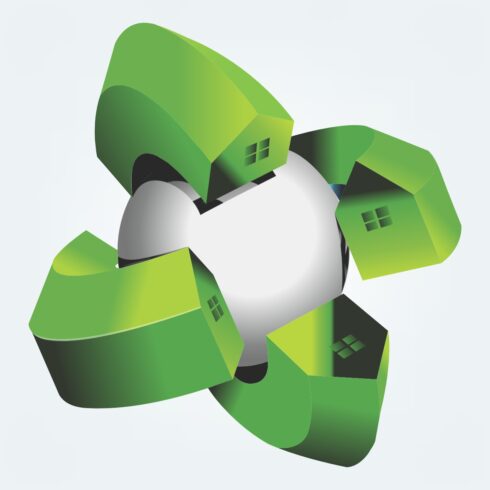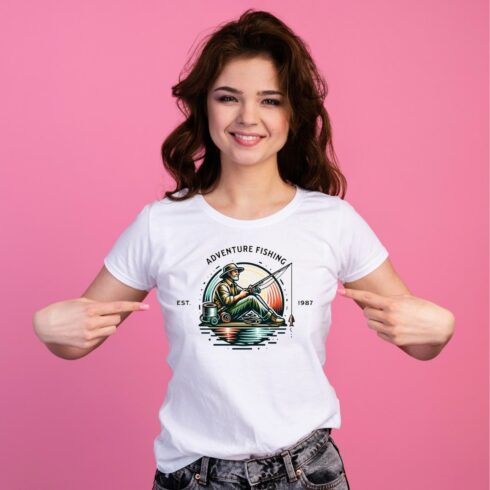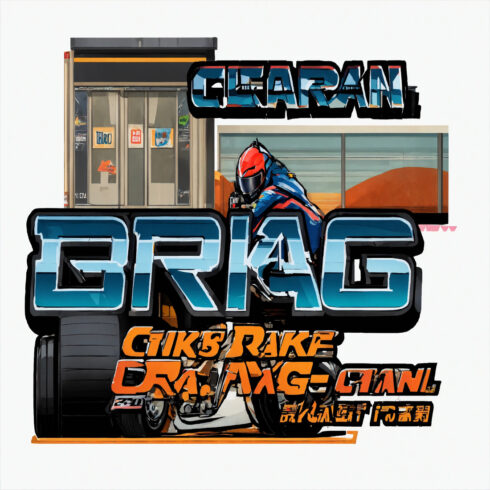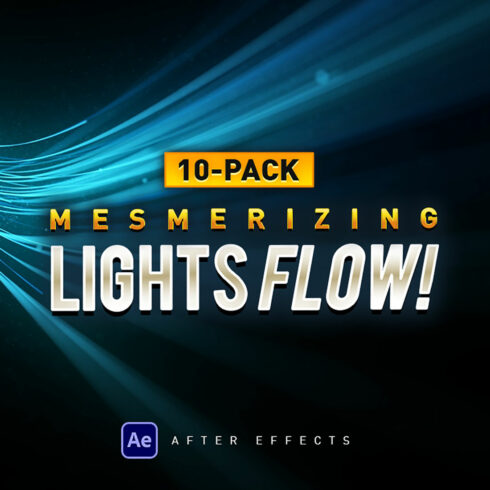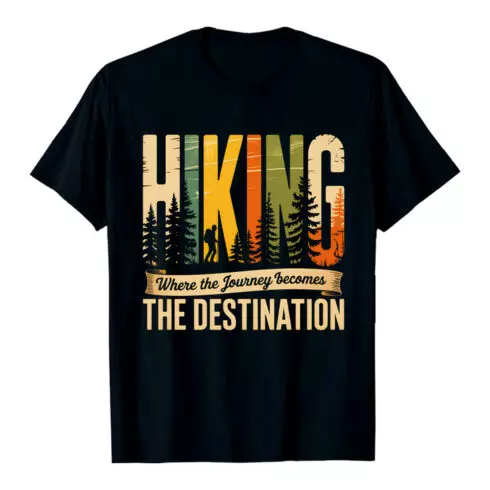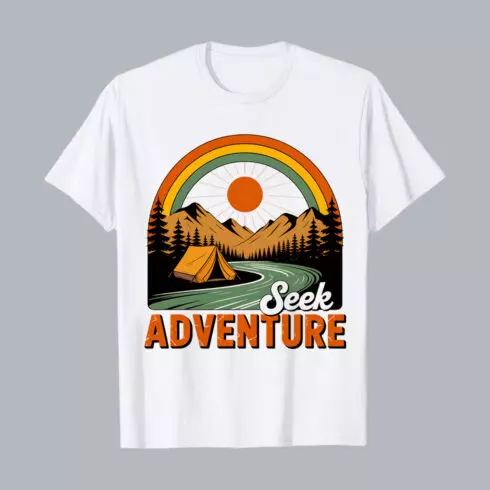📝“When you sell your work, you’re not selling your time, you’re selling the right to use your work.” – Mario Zucca
Mario defines himself as “Illustrator. Educator. Self-made thousandaire”, but actually he holds a BFA in Graphic Design from the Tyler School of Art, and an MFA in Illustration from the University of Hartford.
He has spent the better part of the last 2 decades drawing and creating artwork out of his home studio in Philadelphia. Portraits, cartoons, editorials, maps, patterns, animations: because of his versatile talent, Mario works on all kinds of projects.
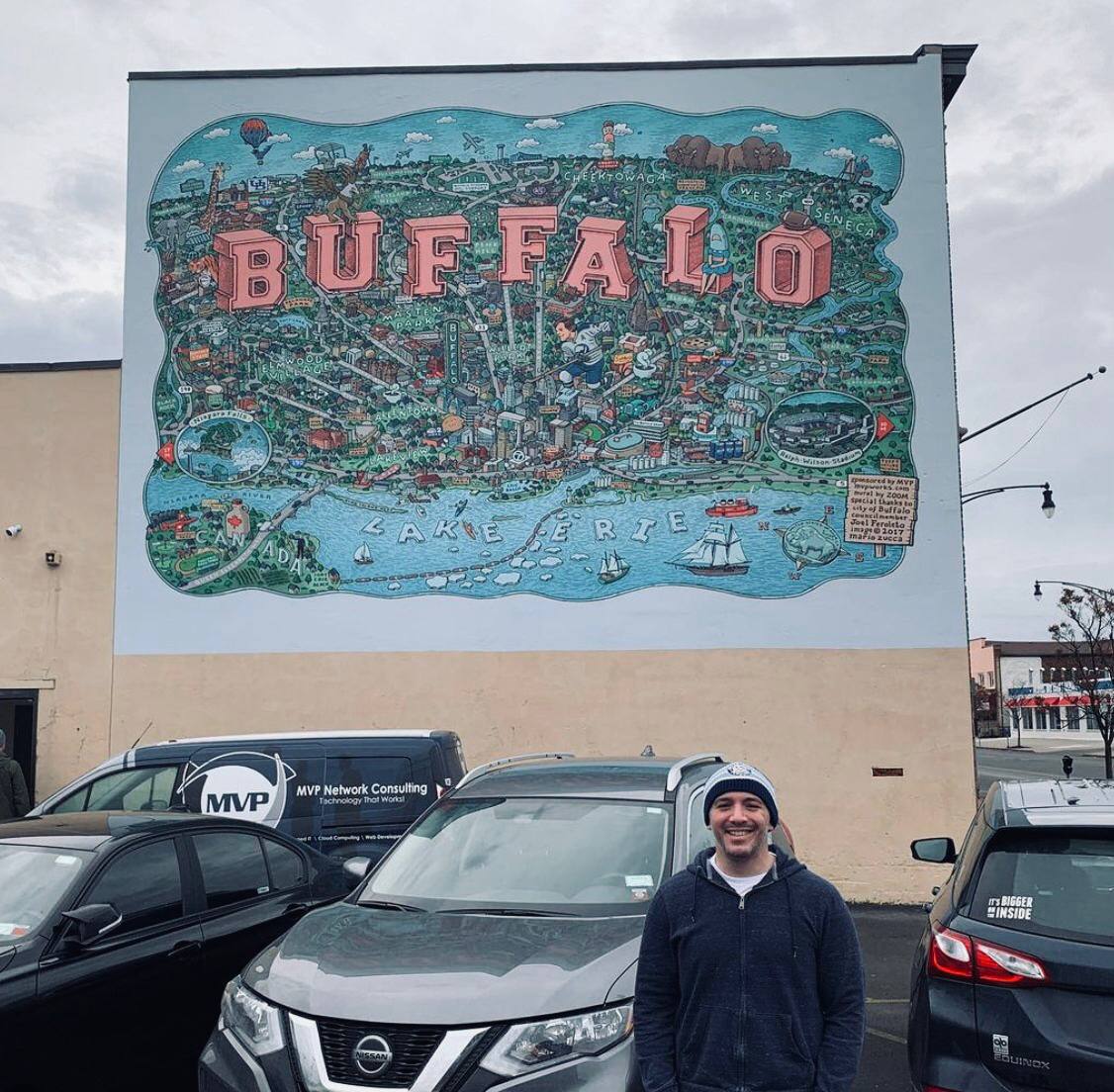
His maps are his most impressive creation, which are published on Dribbble and Behance: thousands of details converge in the same art, so that the viewer can spend hours observing it in rapt attention.
With extensive experience, Mario works for major publishers, broadcasters, agencies, corporations and even sports leagues around the world. Select clients include Crayola, Ebony Magazine, ESPN Magazine, Grantland, Hemispheres, Jimmy Kimmel Live, Klutz, Maxim, The National Football League, The New York Times, Newsweek, Quirk Books, Time, Inc., Sheetz, and The Wall Street Journal. Honors include selections into 3×3 Pro Show, American Illustration, Creative Quarterly, Society of Illustrators Annual, and Society of Illustrators West Annual.
He is inspired by comic style and also by diversity: people of diverse ethnicities and professions converge in his art. His work ranges from tiny spot illustrations to giant environmental graphics and has appeared everywhere from jigsaw puzzles to the sides of semi-trailers. He takes the best of digital and analogic illustration, sketching digitally for easy edit and scale, then completing details with brushes and pens in the Bristol board.
Do you want to know what inspires him to do his amazing work? Dive into this interview that is not to be missed!
What is your nationality? And where are you currently living?
American, living in Philadelphia, PA.
How did you decide to become a professional designer or illustrator? And how long have you been doing this?
I’ve been an illustrator for about 17 years. I’ve been drawing for as long as I can remember, and I always knew I would pursue art in some way. I went to college for Graphic Design but quickly realized it was not for me and switched my major to Illustration.
How would you define yourself at work?
Persistent, a perfectionist, constantly trying to improve.
Key moments in your professional career (or the projects you are most proud of):
The project I’m probably most proud of are the truck graphics I designed for Sheetz convenience stores in 2018. I still get to see my trucks driving down the highway from time to time.

Where can we find your work? (publications, exhibitions, products, etc.)
You can find my work in a number of editorial publications, on jigsaw puzzles for Ravensburger and Kansas City Puzzle Co., and on graphics for Altra Running, Sheetz, Chase Bank, the Pittsburgh Pirates, and Dr Pepper, among others.
What differences do you find between working for a small brand vs. for a large and popular brand (such as Dr. Pepper or Ravensburger)?
The main difference I’ve noticed working for larger brands and agencies is there tends to be more cooks in the kitchen and a lot more art direction and feedback to navigate through. Also, things are usually more complicated when it comes to negotiating usage rights.
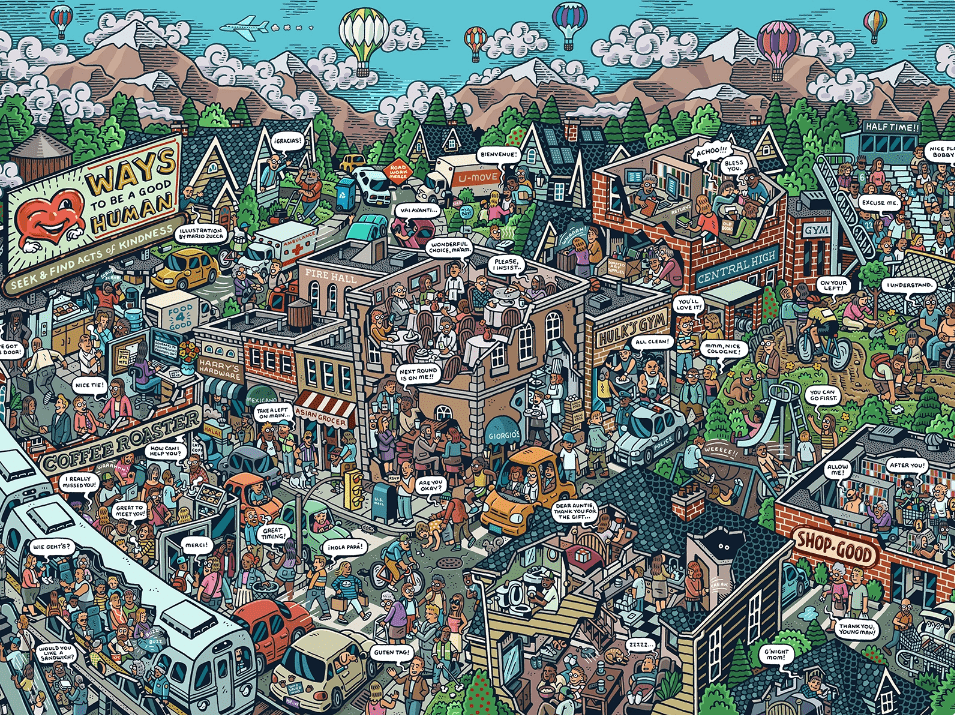
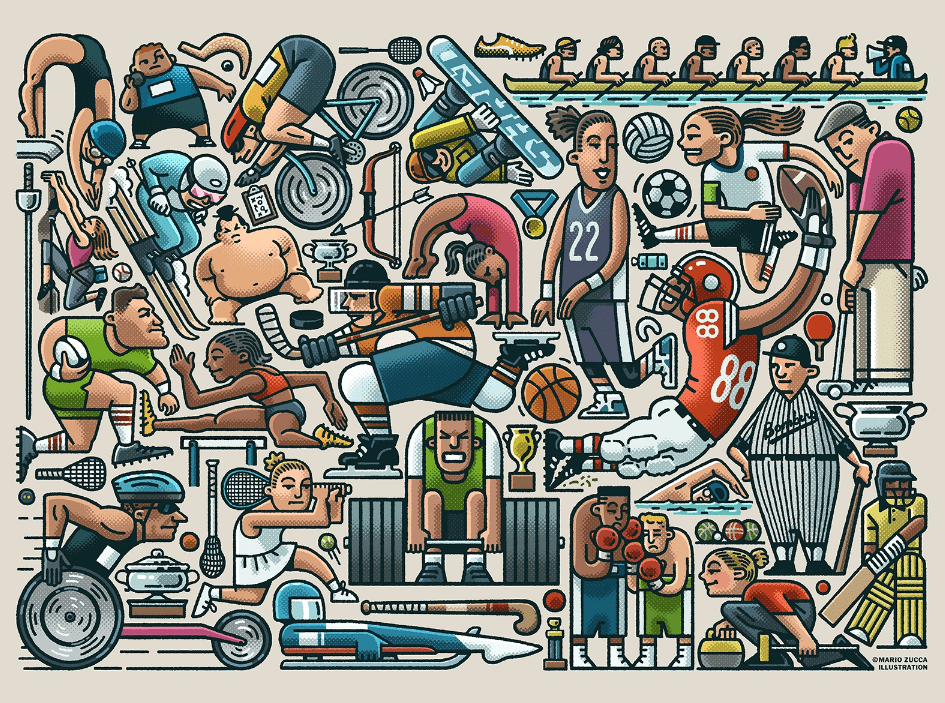
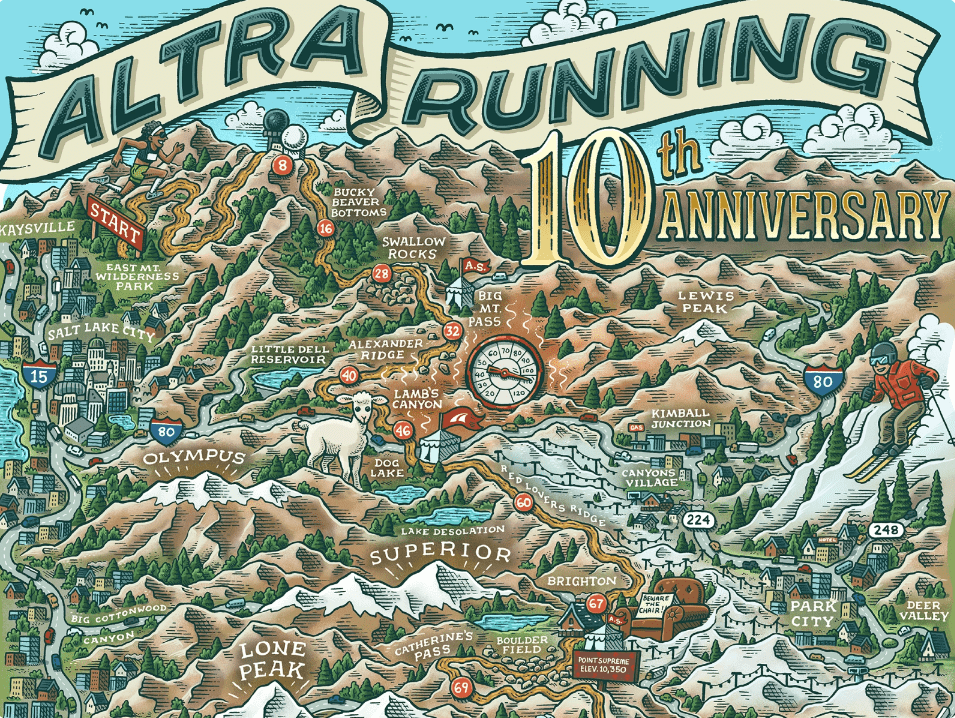
A song: Wow, too many to choose from. Lately I’ve been listening to a lot of Zamrock, so I’ll go with “I’m Not Made of Iron” by Chrissy Zebby Tembo.
A book: The Communication Arts Illustration Annual always motivates me.
A city: I studied in Rome for a semester and have been dying to go back.
A happy memory: Driving cross-country several years ago and stopping at various national parks along the way.
What techniques or tools do you use in your work?
Traditionally it’s been an even split between traditional drawing and digital, but lately it’s more like 70/30 digital to traditional. I draw using Micron pens on Bristol board, and about 90% of my digital work is done in Photoshop using a MacBook Pro and a Wacom Cintiq tablet.
What advantages have you gained by incorporating digital tools to your traditional illustration work? Do you think clients value designers who are able to handle both tools more?
The main advantage to working digitally is that I’m able to work faster and there’s more flexibility when it comes to making edits. Honestly, I don’t think most clients typically care one way or the other whether you work traditionally or digitally. As long as you deliver a finished product that fits their needs and tastes, it doesn’t matter how you arrived there.
3 threads for designer from Mario Zucca
In this video, you will learn about three elements that a budding designer should have.
Is design your main income? Do you have another side job?
Yes, it’s been my main income for about 17 years.
Are you currently following any design world trends? Do you feel it’s necessary to do so?
Much less so than I used to. At some point I realized it’s best to stop chasing trends and to just make work that’s authentic and true to the things that I’m passionate about.
How has your practice changed over time?
I feel like my work has evolved slowly over the last several years, but it became much more consistent and recognizable once I started getting into map-making about 7 years ago.
Do you remember how you started making maps? Where did you get the inspiration to do it?
I started map-making in 2014 and was inspired by two illustrators. One was John Roman, a Massachusetts-based illustrator & map-maker, who gave a lecture to my MFA class at the University of Hartford. The other was Aaron Meshon, whose illustrated map of Brooklyn gave me the inspiration to start making city maps.
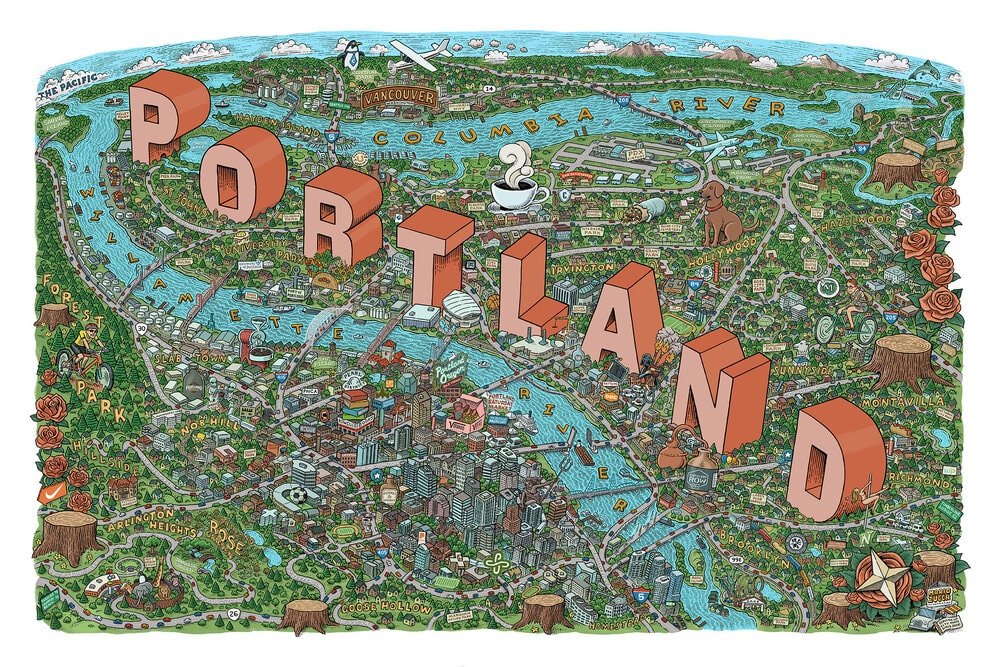
What were the skills that have been most useful to you in your career?
Probably my most useful and marketable skill is my ability to cram an overload of information into an image.
What’s the best piece of advice you’ve been given?
The best advice I received was in a business class, and it was basically this: “When you sell your work, you’re not selling your time, you’re selling the right to use your work.” That really helped me change the way I think about art-making as a business practice.
What work do you most enjoy doing nowadays?
I really enjoy doing my series of illustrated city maps. I like them because they’re completely my own project from start to finish. Nobody is art-directing me, and I can use them however I want once they’re finished…whether it’s a print, a puzzle, a mural, or any other licensing opportunity.
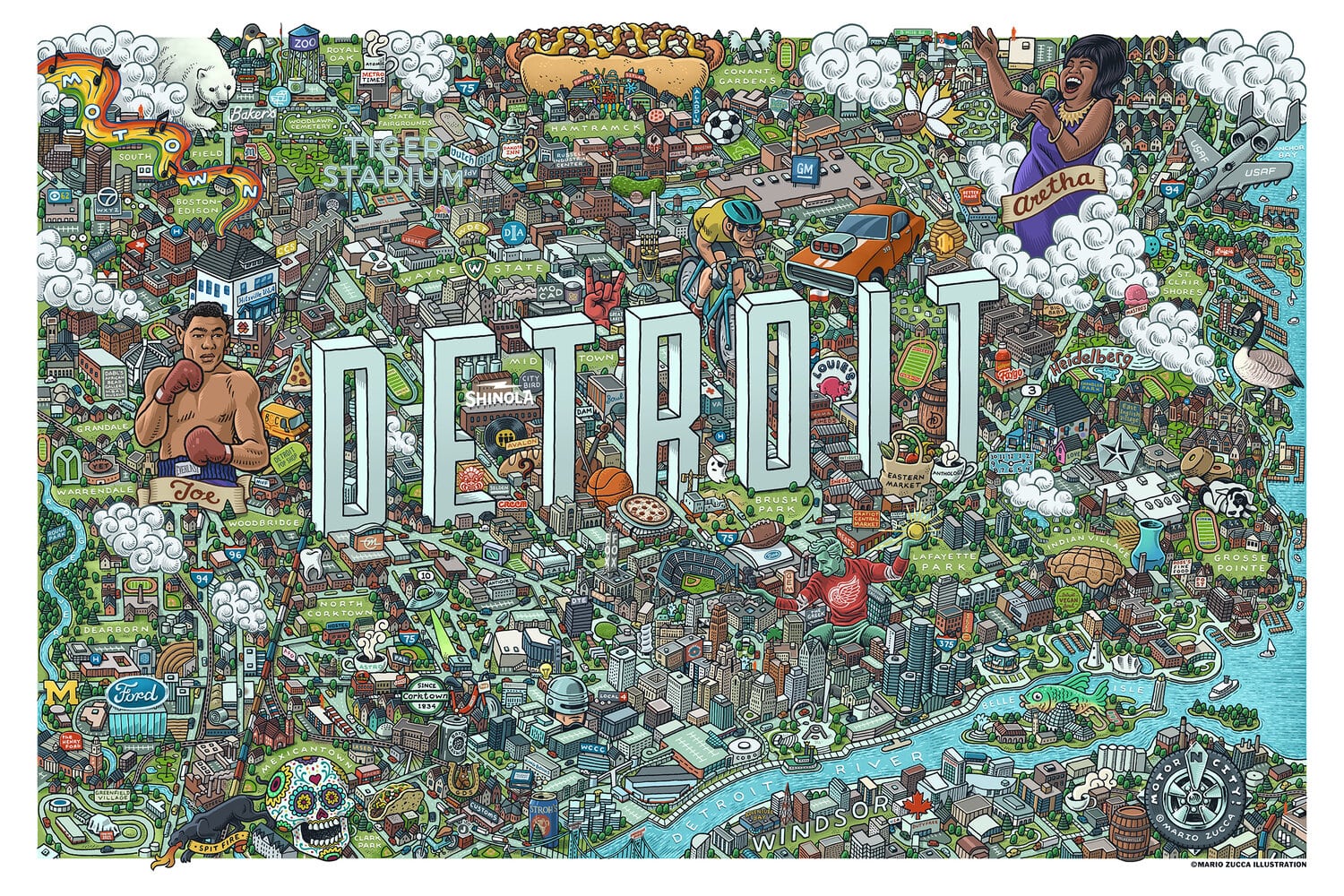
What are your professional goals?
I would love to get into larger-scale public art pieces like a hand-painted mural or large environmental graphics.
What is the ideal place to work for you? Has this changed during the pandemic?
Out of my home studio. I’ve always worked out of my house, so the pandemic hasn’t really changed things for me.
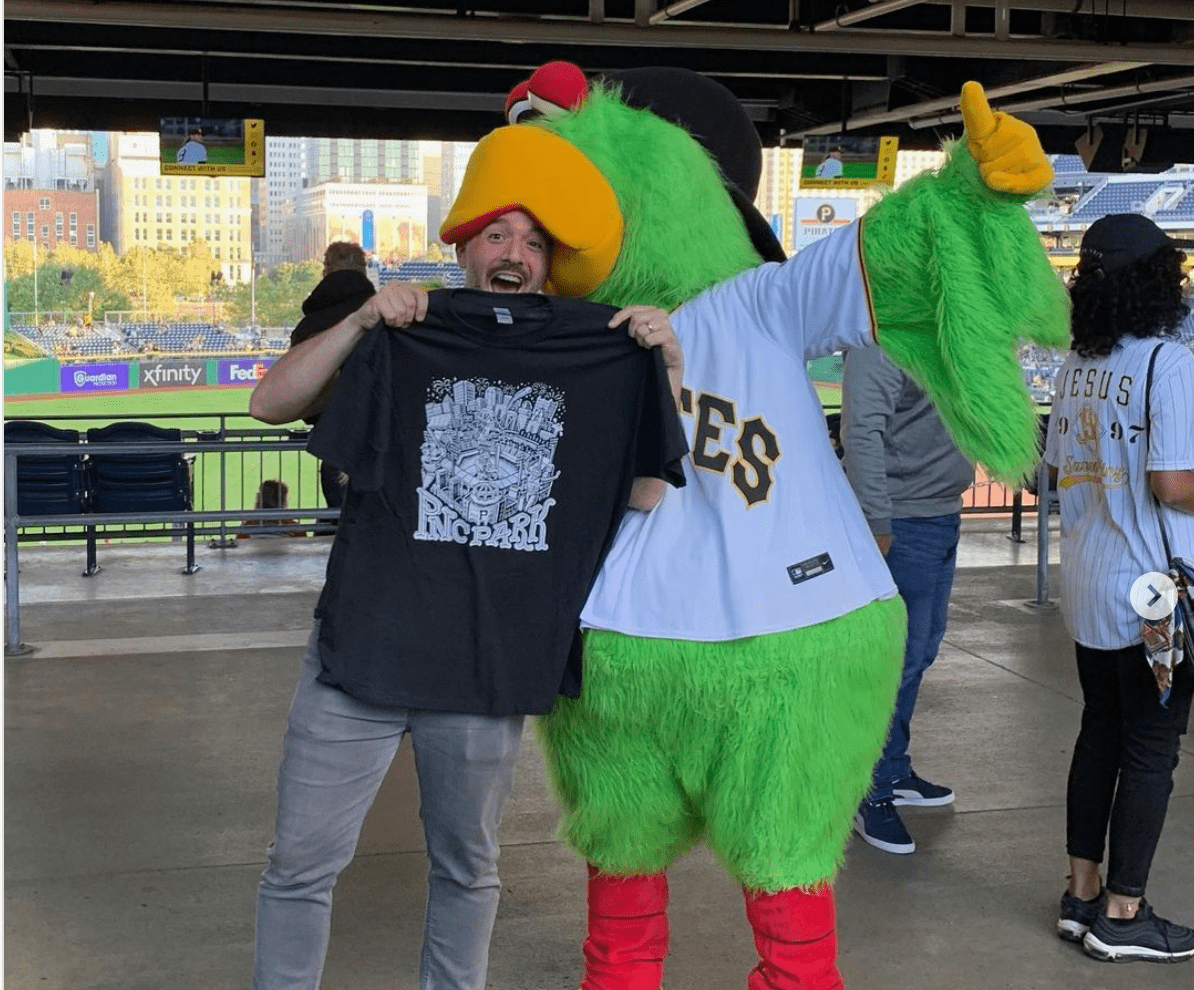
When is your favorite time of day to create?
I work best in the evening and late night.
Have you heard of MasterBundles before? What do you think about this project? Do you think it could help beginners to earn money?
I hadn’t heard about MasterBundles until now, but it seems like a great resource for designers to source fonts, stock images, and other design elements at a reasonable price.
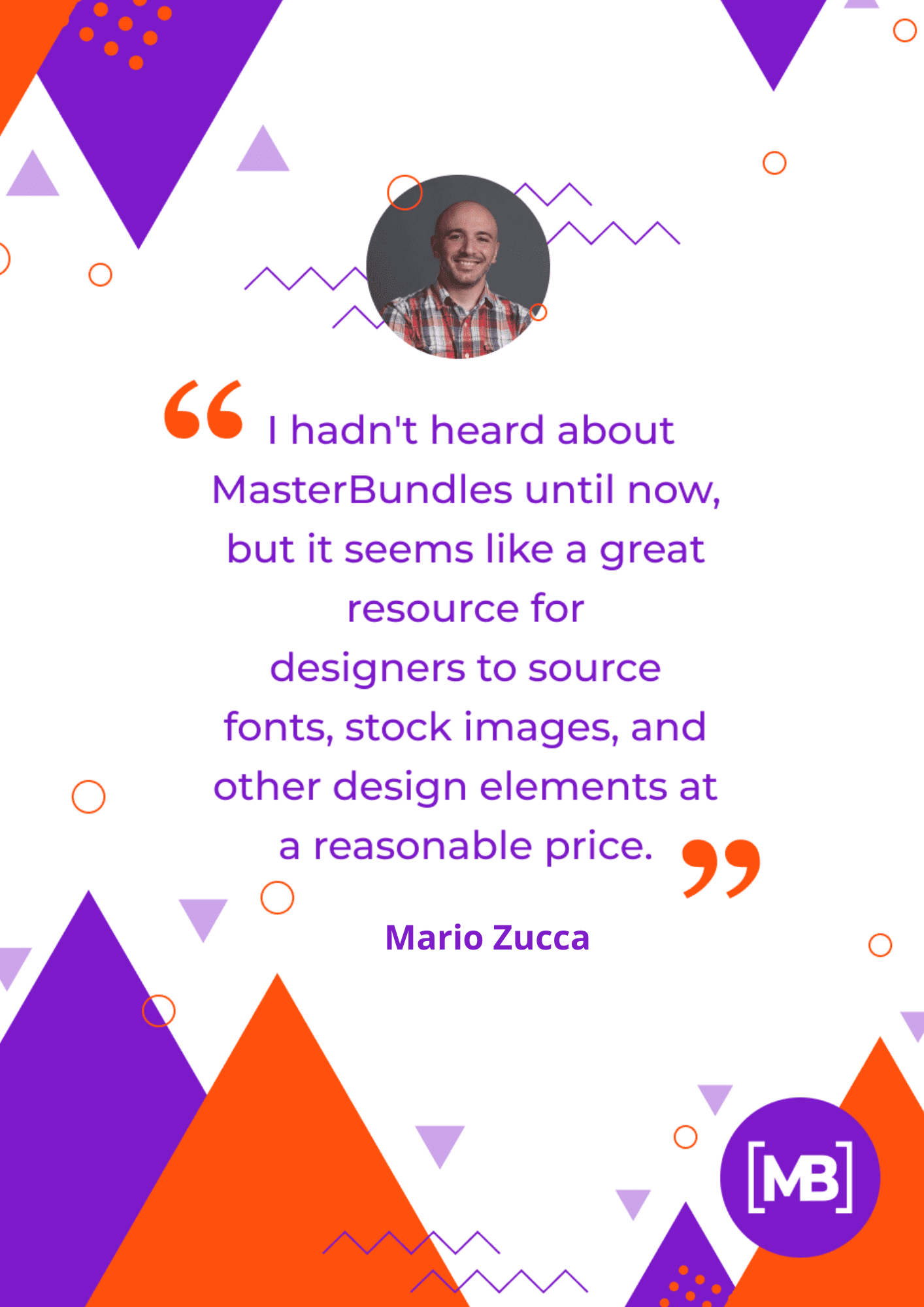
Have you had any experience in packing products into bundles?
No I haven’t. I’m looking into packaging my work into a series of NFTs, but I have yet to take the plunge.
What are your concerns?
Thanks for your response!
Disclosure: MasterBundles website page may contain advertising materials that may lead to us receiving a commission fee if you purchase a product. However, this does not affect our opinion of the product in any way and we do not receive any bonuses for positive or negative ratings.

